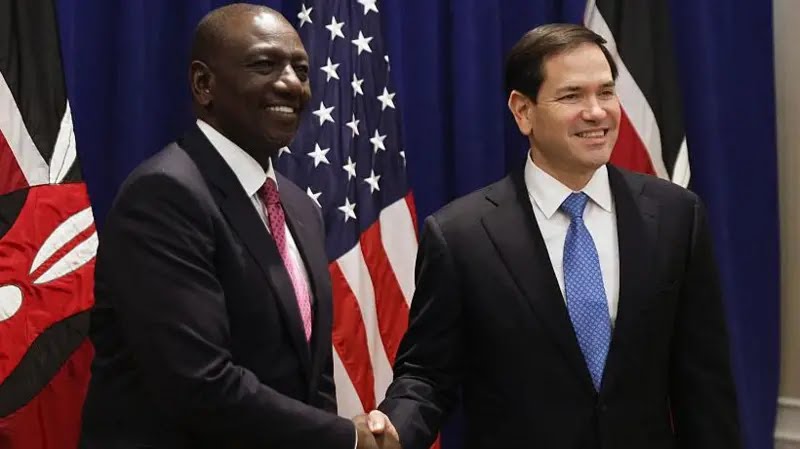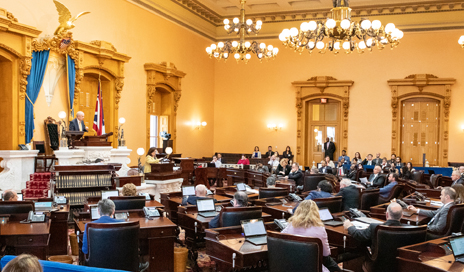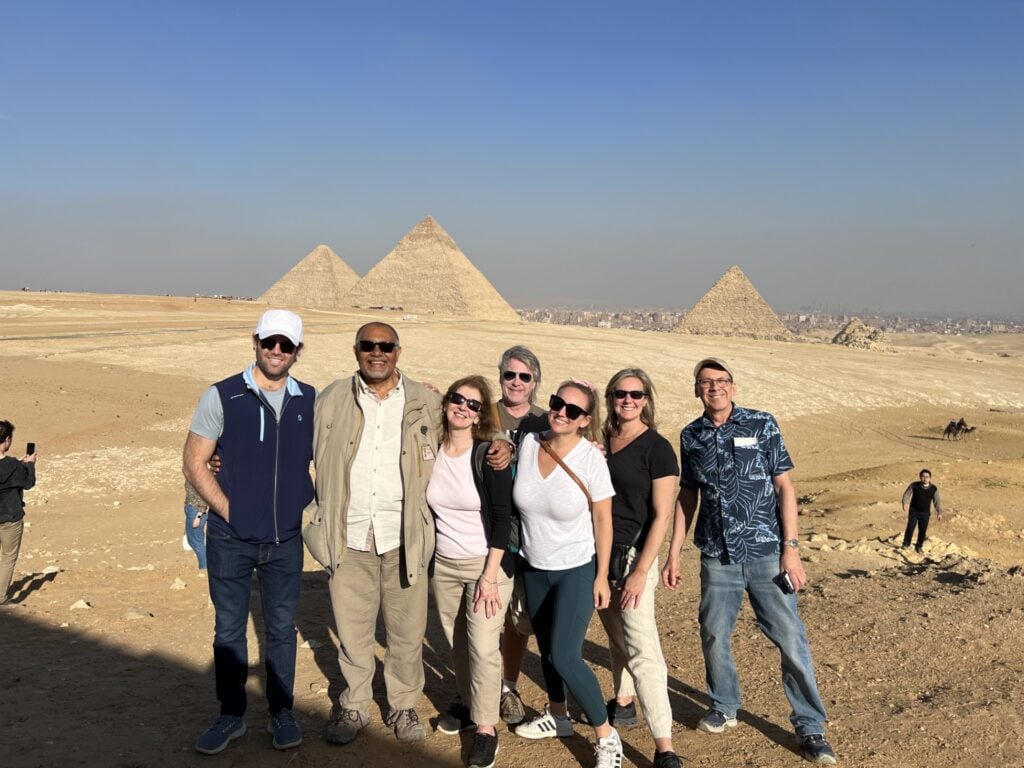Blog
Guess What! Medical Tourism Is Slowing Down In Nigeria. And it’s Real. Here Are The facts:

Why? Because Nigeria is finally treating healthcare as a legacy, not a luxury.
But what about Japa?
Yes, over 15,000 Nigerian doctors currently practice abroad. The broader health-worker migration is significant, though not as high as the oft-cited figure of 94,000.
Nigeria’s doctor-to-patient ratio is estimated at 1:8,000—far above the WHO’s recommended 1:600. Still, the tide is turning.
The Federal Government is responding with bold reforms:
• Retraining 120,000 frontline health workers
• Commissioning three new oncology and diagnostic centres in Katsina, Nsukka, and Benin—with seven more underway
• Upgrading tertiary hospitals for complex procedures like kidney transplants
• Expanding the National Health Insurance Authority to cover vulnerable populations and subsidizing cancer care up to N400,000
Pharma is rising—but slowly.
Nigeria’s pharmaceutical industry is projected to grow from $2 billion to $10 billion by 2030. Local production of basic essential drugs—like antimalaria, analgesics, and multivitamins—has surged to 50–60%, up from barely 25% a few years ago.
However, Nigeria still imports 70–80% of its total drug requirements, especially for specialized and high-value medications. The shift toward API plants and WHO-certified facilities is promising, but the journey to full pharmaceutical sovereignty is still in progress.
At the sub-national level, Lagos is leading the charge.
From Evercare’s global protocols to Cedarcrest’s trauma precision, Lagos boasts a constellation of high-end hospitals: Lagoon, Reddington, St. Nicholas, First Cardiology, Paelon, Lakeshore, Euracare, Duchess, Avon—and yes, the redevelopment of Massey Street Children’s Hospital, set to become one of Africa’s largest pediatric facilities.
These hospitals meet global standards in:
• Specialist care and surgical excellence
• International accreditation and safety protocols
• Transparent pricing and digital health records
• Globally trained professionals and telemedicine access
And yes, the world is flying in.
Isha Sesay, former anchor of CNN, publicly thanked Nigerian doctors for saving her mother’s life at Lagoon Hospital. She had no viable options in Sierra Leone—and Nigeria delivered.
Others are returning to Nigeria for care:
• To bypass long surgical wait times in Europe
• To avoid exorbitant costs abroad
• To access trusted specialists at home
Final thought:
We used to fly abroad en masse for care. Now, the world is flying in. Nigeria is healing—while simultaneously reclaiming its dignity in healthcare.
#MedicalTourism
#Healthcare
#HealthcareInNigeria
#NigeriaRising

















